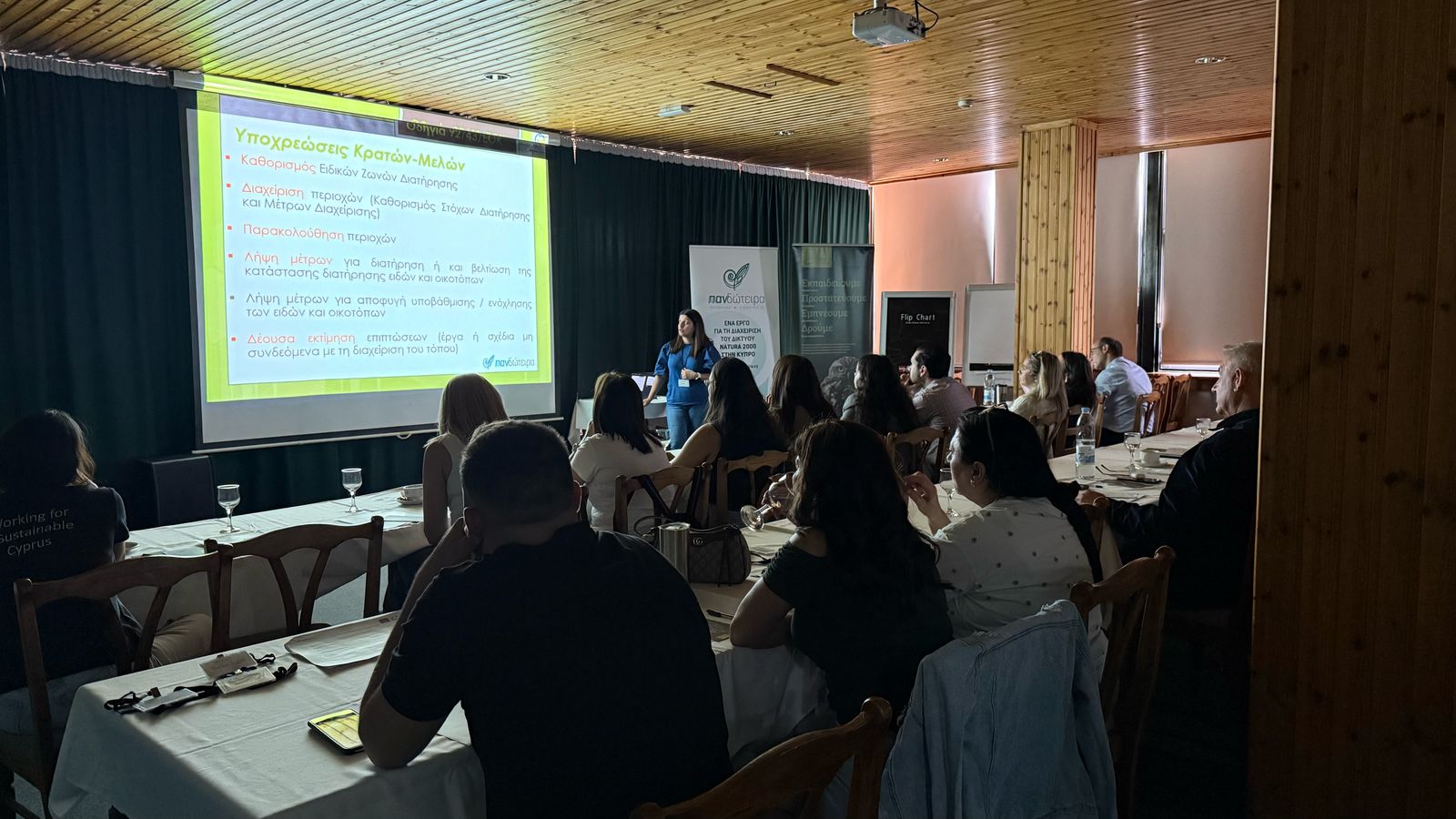The Pandoteira project and the Legal Service of the Republic of Cyprus, organized a two-day training workshop on environmental criminal law, targeting the Republic’s public prosecutors. The workshop was held on May 10 and 11, 2025, in Troodos.
The aim of the workshop was to provide information on the provisions of the European Habitats Directive (92/43/EEC) and Birds Directive (2009/147/EC), as well as the corresponding national legislation. Public prosecutors play a particularly important role in ensuring the proper enforcement of this legislation during the prosecution and substantiation of various forms of wildlife crime. In doing so, they help safeguard the integrity of the Natura 2000 network in Cyprus.
Topics presented to participants included:
- The Pandoteira project and insights into the biodiversity and ecosystem services of Natura 2000 areas
- The European Habitats (92/43/EEC) and Birds (2009/147/EC) Directives and relevant national legislation
- The criminal dimension of environmental law, with a focus on environmental crime and the Directive on the protection of the environment through criminal law (EU) 2024/1203
- The role of public prosecutors in establishing such offenses
- Major causes of wildlife mortality
- Case studies on the illegal killing of animals (e.g., poisoning, poaching)
- Crucial evidence in wildlife crime cases – Expert testimonies (e.g., genetic, forensic, toxicological)
Presentations were delivered by officials from the Legal Service of the Republic, the Department of Environment, the Game and Fauna Service, the State General Laboratory, the Veterinary Services, the non-profit organization Terra Cypria, and an expert in animal genetics and biodiversity.

This workshop was offered within the framework of the Pandoteira project, which focuses on managing the Natura 2000 network in Cyprus. The project’s purpose is to make the Natura 2000 network more effective and functional, as well as sustainable. The project is co-funded by the EU’s LIFE Programme, the coordinating beneficiary is the Department of Environment, while the consortium also includes 13 associated beneficiaries from public bodies, academic institutions, non-governmental organisations and private companies.
Learn more about the Pandoteira project here.





